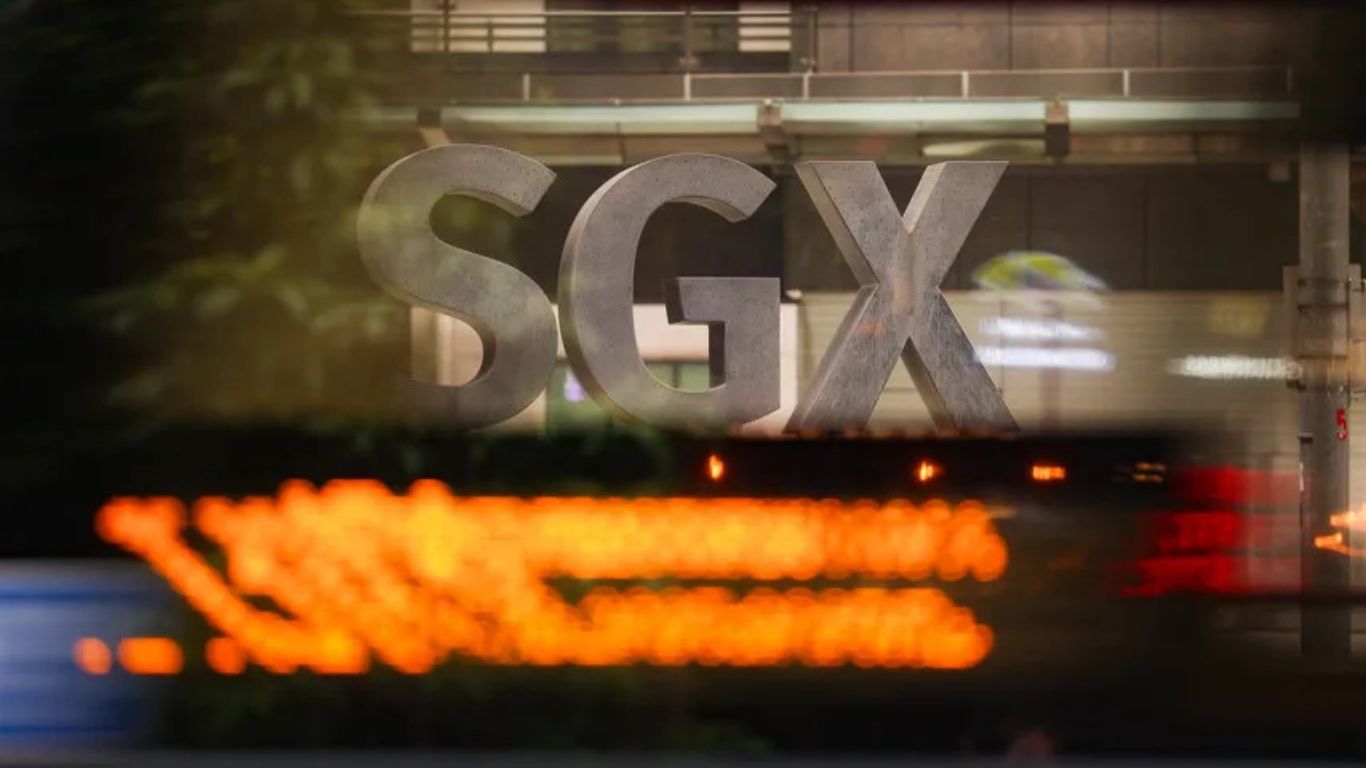Singapore battles to revive struggling stock market

(Photo credit: BT File)
Source: The Business Times
SINGAPORE is studying proposals to shake up its struggling stock market as the gap between the financial hub’s performance and other regional exchanges widens.
The Singapore Exchange (SGX) is reviewing a document from the nation’s venture and private capital association, according to three people familiar with the discussions. The Singapore Venture & Private Capital Association (SVCA) includes state funds GIC and Temasek, local and global venture firms, and buyout groups including General Atlantic, Warburg Pincus and KKR.
Discussions have been going on since the beginning of the year, the people added, and the SVCA’s proposals are also being considered by the government’s Economic Development Board (EDB), Monetary Authority of Singapore (MAS) and the Ministry of Trade and Industry (MTI).
The government did not commission the document, but it has appeared as it discusses policy changes with SGX to boost the stock market. The two are responding to the next wave of South-east Asian companies – such as Singapore-based automotive marketplace Carro – opting for the US over Singapore to list.
An industry executive involved with the discussions,
“There has been a shift in thinking by the government that this is not just an SGX problem but important to Singapore’s national agenda. Is it possible to be a well-rounded and relevant international financial centre with an anaemic stock market? Perhaps not.”
One person involved in the document’s creation who did not wish to be named said he had
“not seen an all-government and industry approach like this since Singapore first decided it wanted to foster a tech and venture capital industry in the late 2000s. For the first time, they seem more willing to consider more maverick, aggressive moves such as investing pension money – which is normal elsewhere but new for Singapore.”
SGX chair Koh Boon Hwee, appointed last year, has been heavily involved and more willing to hear fresh perspectives, the people said. Koh, a business veteran in the city-state, has also chaired telecoms group Singtel, the country’s biggest bank DBS, and Singapore Airlines.
MAS said “it has received the proposals and is reviewing them”. SGX, EDB and MTI declined to comment.
Singapore has risen as a financial centre in recent years, boosted by a crackdown by Chinese President Xi Jinping on the rival business hub of Hong Kong, and record amounts of private wealth and capital flowing into the country, regarded as a haven for its stability and business-friendly, low-tax market.
But the government’s success in private markets has never flowed through to its stock exchange, even as more new economy and technology companies set up their headquarters in Singapore.
SGX has been dogged by low volumes and questions over corporate disclosure practices. Delistings frequently outnumber listings. The bourse has a high concentration of businesses in which Temasek has a big block stake, as well as asset-heavy companies such as real estate investment trusts that have languished in recent years amid higher interest rates.
The exchange was one of the quietest globally last year in terms of deals and funds raised, at seven and US$300 million, respectively, according to PwC research. Its poor performance has become starker with regional exchanges preparing for an initial public offering (IPO) revival as global macroeconomic conditions improve.
The Indonesian Stock Exchange was among the top five exchanges globally by total number of IPOs in 2023. India recorded its highest number of IPOs since 2017 last year at 234, an increase of 56 per cent on 2022 while private investors are shifting more capital to it in preference to China.
Japanese stocks last month broke a bubble-era record, while Hong Kong Exchange has appointed new leadership as the city fights to maintain its status as a major financial centre.
“There is a growing fear that even some private capital could leave Singapore in favour of being closer to those faster-growing markets, especially India,” said one Singapore-based venture capital managing partner consulted by the government and SGX.
Among the proposals suggested is mandating stock market participation from the record sums of private capital that have poured into the city-state in recent years, such as into family offices and other wealth management businesses.
There are also more politically sensitive suggestions, such as mechanisms allowing pension and sovereign money to be invested in the stock market, as seen in Australia or Thailand, the people said. While Temasek invests in local companies, GIC – which manages the government’s foreign reserves – only invests internationally.
The government has also been closely watching other countries’ policies, such as the UK dialling up the pressure on pension schemes to help companies grow, the people said. Like GIC, Singapore’s Central Provident Fund (CPF) also has abundant capital. While retail investors can use their CPF money to invest in selected stocks, that does not move the needle in terms of volume. There is no government policy that mandates or encourages CPF investment into equities at a broader level.
Another proposal includes more collaboration with South-east Asian stock markets, including the potential for Singapore to host a regional exchange down the track and underpin any issues such as currency risk.
“Singapore trumpets that it is an ‘innovation economy’ but has a retirement system that is so risk-averse. Building that liquidity might start to incentivise fund managers,” another person familiar with the talks said.
Others, however, questioned whether the latest attempt would be enough to turn SGX’s trajectory around.
“Creating supply and demand is hard. They really need to be talking to market makers like local funds and asset managers, and I still am not seeing that,” said one Singapore-based hedge fund executive.
Previous efforts, such as tie-ups with the Nasdaq and Tel Aviv exchanges to attract secondary listings, or a Spac regime being introduced in 2021, have failed to work.
“It’s nice to have ideas and to make them part of the Singapore national agenda. But fixing poor disclosure practices, or strengthening corporate governance to give investors more assurance, remain the broader issues for us,” the hedge fund executive added.
